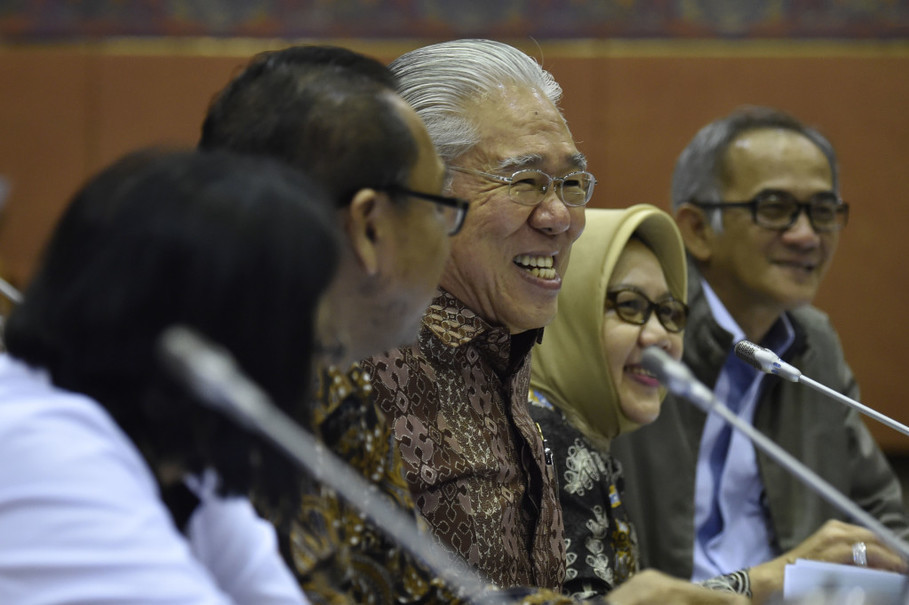Indonesia’s Trade Ministry estimated the value of the country’s exports to have grown 17.2 percent to $170.3 billion in 2017, surpassing its own target of $138.74 billion amid a gradual recovery in global commodity prices.
Last year’s export prediction was made up of $154.8 billion in non-oil and gas exports and $15.5 billion in oil and gas exports.
Indonesia posted $154.8 billion in exports from both oil and non-oil and gas commodities in 2016.
The Central Statistics Agency will announce Indonesia’s official trade figures on Jan. 15.
Indonesia is a major exporter of many global commodities including palm oil, rubber, coal and tin.
Analysts say a gradual recovery in global commodity prices last year had helped commodity-exporting countries like Indonesia.
Trade Minister Enggartiasto Lukita said in a press conference in Jakarta on Thursday (04/01) that Indonesia has been working hard to diversity its export markets beyond the traditional targets of China, Japan, the United States and Europe.
He said the country has made serious efforts to increase trade with non-traditional markets in Africa, including South Africa, Nigeria and Egypt.
It has also targeted Latin American countries like Chile and Peru.
“We have not done much to open trade doors with non-traditional markets. Over the past 10 years, [trade diversification] has been stagnant,” the minister said.
Enggartiasto said Indonesia and Chile have now signed a trade deal called the Indonesia-Chile Comprehensive Economic Partnership Agreement.
The agreement will allow Indonesia to use Chile as a trade hub connecting it with other countries in the Latin American trade bloc: Chile, Peru, Mexico and Columbia.
“Chile will be our hub for exports to those other countries,” he said.
Indonesia, the world’s largest Muslim-majority country, has also agreed to do more trade with Palestine, now embroiled in a heightened conflict with Israel after US President Donald Trump made a widely-lamented decision in December to acknowledge Jerusalem as Israel’s capital.
In the same month, Enggartiasto announced Indonesia will allow Palestinian goods to be shipped to Indonesia through Jordan to avoid import tariffs.


